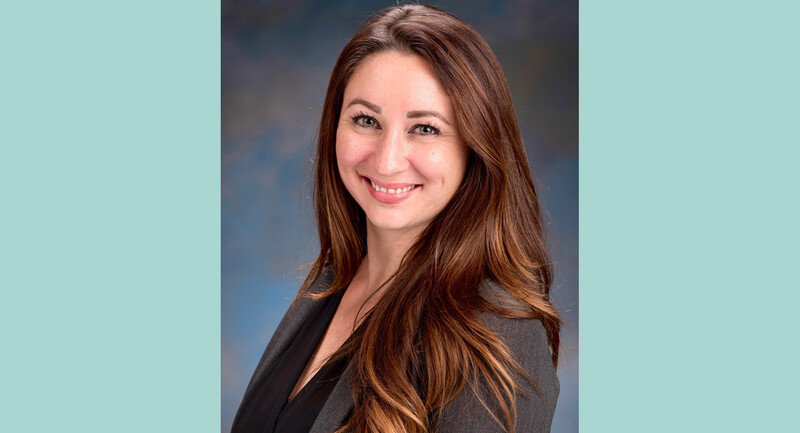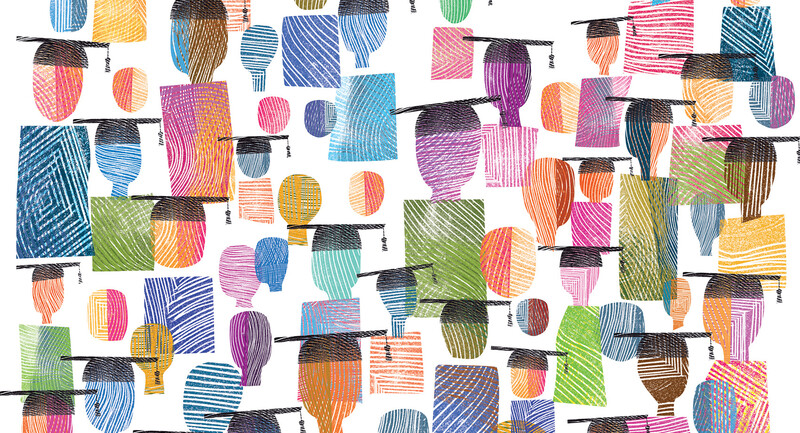If there has ever been a time to improve schools, the time is now, when both school insiders and school outsiders are calling for change. The unprecedented flow of funding for innovation makes it especially advantageous for schools and educators to identify and implement good ideas. Parents, policymakers, media pundits, and colleagues are calling for educators to be audacious, do something different, and make a difference.
Originally, we had called this theme issue of Educational Leadership "Reconfiguring School," planning to pack it with promising ideas about how to restructure time, space, and the delivery of education. But because so many of our authors suggest ideas that go far beyond mere restructuring, "Reimagining School" seems more appropriate. In this issue, you will find many innovative ideas that educators are putting into practice today—technology-driven content, time-altering schedules, after-school programs, personalized project-based learning, and early college high schools, for example. But you will find good, old ideas, too—in Mike Rose's words (p. 6), ideas that remind us of "what education looks like when it is done well."
In an interview in this issue, Rick Hess (p. 12) persuasively argues for the elimination of barriers in policy and practice that inhibit schools from trying fresh ideas, the premise of his new ASCD book, Education Unbound. If reforms are ever to grow and proliferate, entrepreneurial thinkers need to be welcomed, he says. He calls his approach greenfield schooling, and he believes that the most compelling entrepreneurial ventures are those that get average or above-average results for less money and with fewer people. Controversial ideas, yes, but worth considering when one sees the excellent results some visionary schools have delivered (see Wolk, for example, p. 16).
As I write this, however, I have to take issue with a recent blog post Rick also wrote. In it, he lambastes an expression that gets on his nerves. In blog language, it's IFTK, or "It's for the kids"—a phrase that some use to defend their own reform ideas. He hates the phrase because it "allows self-interest to hide behind self-righteousness and vapid sentiment." He writes,
First, the rhetoric of "it's for the kids" makes it easy for serious disagreements about policy or practice to devolve into name-calling and questions of motive. If I'm "in it for the kids" and you oppose my stance on teacher licensure, desegregation, charter schooling, or merit pay, it can be easy for me to assert (and maybe even assume) that you're not in it for the kids. This fuels ad hominem attacks and makes it more difficult to find workable solutions.
Rick makes a good point. But just because some people cynically misuse a phrase does not make the idea behind the phrase—valuing children—less essential to the education profession. And I can think of a few other phrases that have tended to steer education reform debates into name-calling and motive-questioning. How often do we hear education pundits dismiss the ideas of those with whom they disagree as "lazy thinking," "not bold enough," "status-quo thinking," "not analytic," or "not research-driven"? The use of these phrases is especially galling when the same critics' own reform agendas are based on inconclusive or vested-interest research.
In a recent review of Mike Rose's Why School? Reclaiming Education for All of Us and E. D. Hirsch's The Making of Americans: Democracy and Our Schools, Andrew Delbanco (2009) points out how the two authors' philosophies differ, but he concludes that "both of these writers get a lot of things right." Both believe education is indispensable for democracy, and both seek to end the standoff between left and right. Delbanco writes,
"If there is to be progress in the schools, we need more of this kind of moderation. Otherwise we will remain caught between the usual warring parties: pro-teacher unions versus anti-union groups; … devotees of phonics versus "whole language" theorists; open classroom versus fixed-seat advocates; … those who believe that tests motivate improvement versus those who think tests hold teachers unfairly accountable and create a climate of fear."
And the list goes on. The disputes have gotten tired. Wouldn't it be amazing— innovative, too—if reasoned debate could be taught—and practiced—in our schools? It's time to search for consensus and find reforms worth fighting for together.








